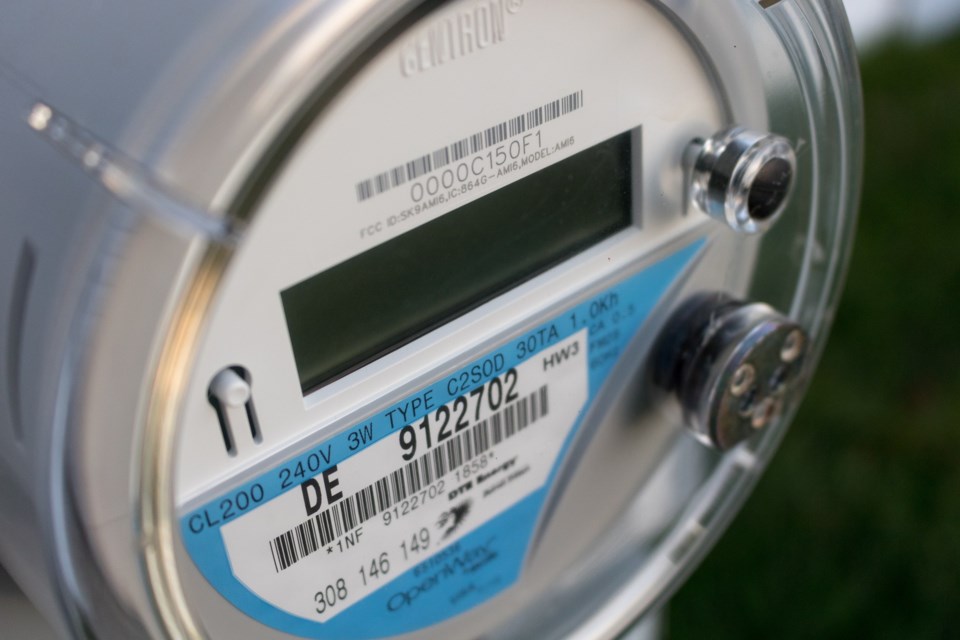The Longmont Leader accepts contributions, photos, and op-eds for publication from community members, business leaders and public officials on local topics. Publication will be at the discretion of the editor and published opinions do not represent the views of the Longmont Leader or its staff. To submit a contribution, email [email protected].
On 26 August City councilwoman, Marcia Martin wrote an opinion article once again attempting to sell the public smart meter technology or Advanced Metering Infrastructure or AMI. Martin stated, "AMI is Longmont’s next step towards a more sustainable future." As a fellow experienced senior engineer, this statement along with her entire article lacks any connection to scientific reality. There is nothing a smart meter attached to a home can do to magically make the environment cleaner or more sustainable. Smart meter technology will attempt to track and analyze what you do as an individual, analogous to how big tech tracks your internet usage and then monetizes and makes billions of dollars off your online activity. Smart meters will eventually integrate into individual appliances and report how and when and what appliances you are using. This sounds more likely to benefit another large corporation and less an environmental improvement.
From a purely scientific standpoint with respect to our power grid, you don't need a smart meter attached to individual homes to create a dynamic feedback loop regarding energy usage. The only variable needed to understand energy demand is simply the demand and we already do that! Creating a higher fidelity energy use reporting system to optimize grid demand does not need to be placed on a homeowner, and this can be done upstream of the homeowner’s connection to the grid. I find it concerning that this technology is being pushed so hard on individual homeowners to the extent that if they don’t buy into it, they can be penalized monthly with an additional fee. If the environmental aspects of this are so pressing, then it would be in the best interest of the energy producers to fund and optimize efficiency improvements vice passing it on to their customers. When you use terms like “advanced metering infrastructure” it is synonymous with “very costly tech," and it appears they want you to pay for their new technology. Simply, this all seems completely backward.
Next, there are a dozen concerns about the power output of smart meter transmitters and whether they are contributors to health issues or whether they interfere with the health of bees and other important bio life. No one has properly answered these concerns and this alone should cause serious pause.
The answer to the environmental transformation from today's traditional grid to the next generation power generation will be a result of decentralizing the grid, implementing small-scale reactors, utilizing energy storage solutions to capture non-continuous generating energy sources, using more hydrogen fuel cells, and maturing technology like superconductivity which in theory would result in an almost instant 50% reduction in petroleum use if the tech could be used to generate and transfer power. Lastly, rumor has it that councilwoman Martin has a hand in the development of smart meter technology to include monetary benefits. If true as an elected official, should create a conflict of interest and make her ineligible to vote on any future measure regarding smart meters as it relates to Longmont.



